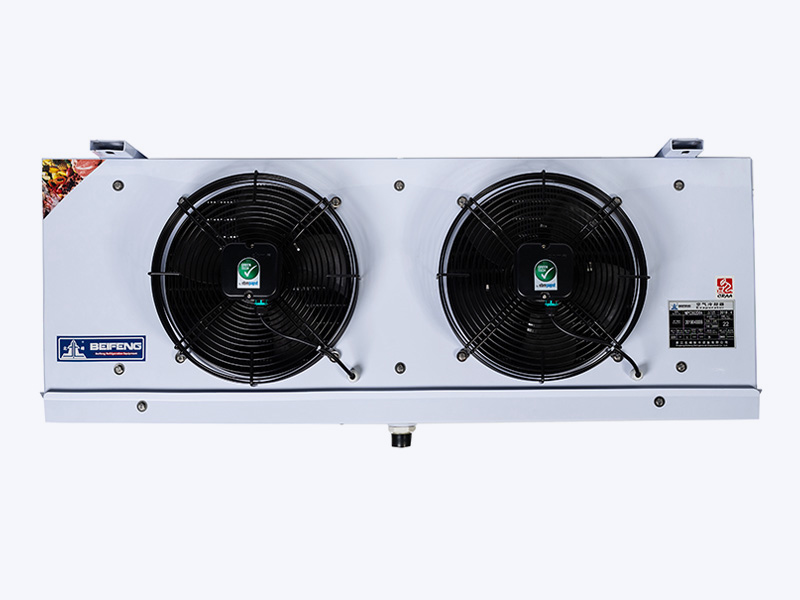There are some safety concerns associated with using air coolers, although they are generally considered safer than traditional air conditioning systems. Here are a few potential safety issues:
Water Leakage: Air coolers rely on water for the evaporative cooling process. Any leakage within the water supply system or internal components can lead to water pooling around the unit. This poses multiple safety risks, including electrical hazards if water comes into contact with electrical components, and potential damage to surrounding surfaces, particularly if the unit is installed on flooring susceptible to water damage, such as wood or carpeting. To mitigate this risk, regular inspection of the water supply system, hoses, and internal components is essential. Ensuring the unit is placed on a waterproof surface or using drip trays to catch excess water can help prevent damage from leaks.
Electrical Hazards: As with any electrical appliance, air coolers carry a risk of electric shock or short circuits if not handled properly. This risk can be heightened if the unit is installed in areas where moisture is present, such as bathrooms or kitchens. Proper grounding of the unit and regular inspection of electrical connections are crucial to minimize the risk of electrical hazards. It's also important to use the air cooler in accordance with the manufacturer's instructions and avoid using extension cords or power strips, which can increase the risk of overheating or electrical malfunctions.
Overloading Circuits: Operating an air cooler alongside other high-power appliances on the same electrical circuit may exceed the circuit's capacity, leading to overloading. This can cause the circuit breaker to trip or, in extreme cases, result in electrical fires. Users should verify the electrical load capacity of their circuits and avoid plugging multiple high-power devices into the same outlet to prevent overloading. If necessary, using dedicated circuits or redistributing electrical loads across different circuits can mitigate this risk.
Fan Blade Safety: Air coolers often feature powerful fans to distribute cooled air throughout the room. However, these fan blades can pose a safety risk, particularly in households with children or pets. Ensuring that the fan blades are properly guarded and installing the unit out of reach of children and pets can help prevent accidental contact and injuries. Regular inspection of the fan blades for any signs of damage or wear is also recommended to ensure safe operation.
Maintenance Neglect: Regular maintenance is essential to ensure the safe and efficient operation of air coolers. Neglecting maintenance tasks, such as cleaning the unit, replacing filters, or inspecting electrical components, can lead to various safety hazards. Dust and debris accumulation within the unit can impede airflow, causing the motor to overheat or the fan to malfunction. Additionally, clogged filters reduce the cooler's efficiency and may result in increased power consumption. Regular inspection and upkeep help identify potential issues early, allowing for timely repairs and preventing safety hazards from escalating.


High efficiency staggered fin pattern design
Special sine wave fin design for better heat transfer
ternal grooved copper tube for higher heat exchanger efficiency
Specific fan motor for low temp, application, high air volume & air throw
Optimized air flow for unit cooler face area to reach max. capacity
ptimized circuiting design for refrigerant fully evaporating
Imported brand e-heaters applied for e-defrost type

 English
English عربى
عربى 简体中文
简体中文










.jpg?imageView2/2/w/300/h/300/format/jp2/q/75)
.jpg?imageView2/2/w/300/h/300/format/jp2/q/75)
